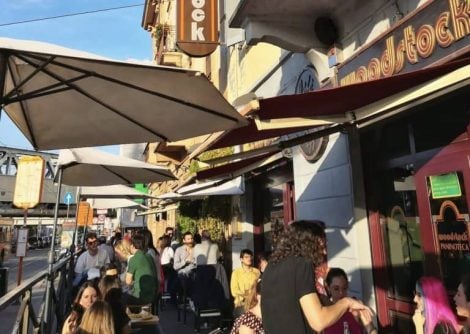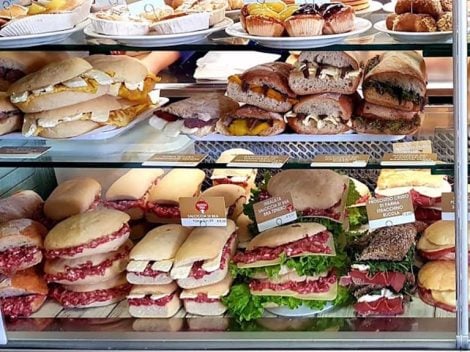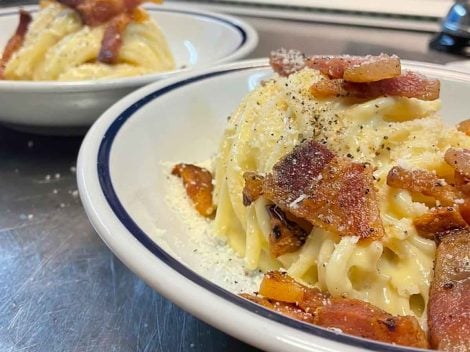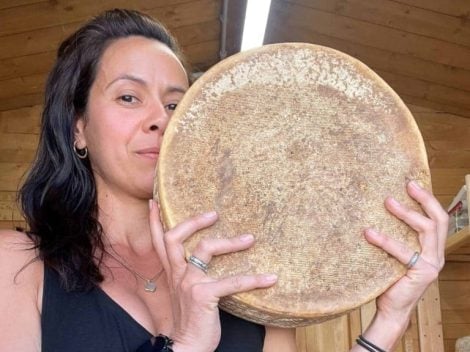"Champagne: in victory, a merit; in defeat, a necessity." One of the many phrases attributed to Napoleon. A historical figure that continues to fascinate, to the extent that Ridley Scott made him the protagonist of his latest film. However, according to Oxford historian Michael Broers, the French general might not have been a true connoisseur of wine, even though the nectar of Bacchus certainly played an important role in his private life and on the battlefield.
The historian's analysis
Across three volumes tracing his life from birth in Corsica to his death on the island of Saint Helena, Broers portrays a figure who paid little attention to the pleasures of the table. A man who only devoted the necessary time to eating and was virtually teetotal, drinking wine in modest quantities. In contrast, he consumed several cups of coffee. Throughout his life, he never became a wine enthusiast, although his military career and friendships led him to experience a wide variety of French and foreign wines. Indeed, it is documented that he was a friend of Jean-Rémy Moët, the nephew of the founder of the prestigious winery. According to Maison Moët & Chandon, Napoleon reportedly visited their vineyards in Epernay several times. This connection still persists today: in fact, the Moët Imperial is a label created and dedicated to him. However, Michael Broers asserts that the French general, despite ordering several cases of it, didn't appreciate it much as a type of wine.
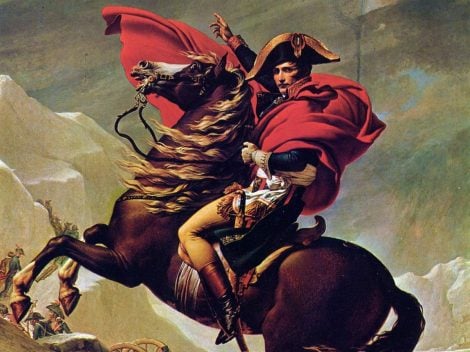
Napoleon's wine
He occasionally indulged in the wine that he could find locally; for instance, during his youth, he likely drank the typical Corsican wine from his native land, a rustic wine often diluted with water. During the two Italian campaigns, it seems he greatly enjoyed Barbera d'Asti and Barbera del Monferrato, the latter being consumed after the Battle of Marengo. However, among wines, only one label appears to have been indisputably his favourite. "For fifteen years," Emmanuel de Las Cases writes in "The Memorial of Saint Helena," he always had the same Burgundy wine, which he favoured and believed to be salubrious": the one made from Pinot Noir produced in the commune of Gevrey-Chambertin. A bottle (or more) of this wine was always present during his travels.
War, power, and bottles of wine
While he certainly wasn’t a heavy drinker, Napoleon never underestimated the value of wine. He, or rather, his economic advisers, planned to expand the consumption of Burgundy wine throughout the empire. Wine also played a significant role in battles. On January 26, 1814, before the Battle of Brienne, 300,000 bottles of Champagne and brandy were distributed to the troops. During the Egyptian expedition, an estimated total of 4,000 hectoliters of wine, around 500,000 bottles, were consumed. The practice of Sabrage – opening a champagne bottle with a sabre – seems to have originated during this period. Instituted by the Hussars, Napoleon's light cavalry, it was a way to celebrate a victory or offer a gesture of good luck before a battle.
As a collector, Napoleon was no less passionate. Upon the death of Empress Joséphine de Beauharnais, the wife of the French general until 1814, an inventory of her belongings was created. At the Château de Malmaison, where she had retired after her divorce from the French general, she supposedly held a wine collection of about 13,000 bottles. Among the labels were Bordeaux wines, Burgundy wines, Champagnes, and wines from Languedoc-Roussillon. There were also Iberian excellences and Italian wines such as Picolit, Vermouth, Rosolio, and sweet wines from the Mediterranean, the Rhine, and Hungary. Additionally, there were over 300 bottles of rum and liquors from Martinique.
Has anything survived present day? Apparently so. A bottle believed to have belonged to Napoleon's personal carriage was auctioned for 25,000 pounds by Christie's auction house in London. The wine would presumably be a sherry, bearing a "N" framed by a laurel wreath on the bottle neck – a Napoleonic mark that guarantees its authenticity and dates it approximately to 1810.

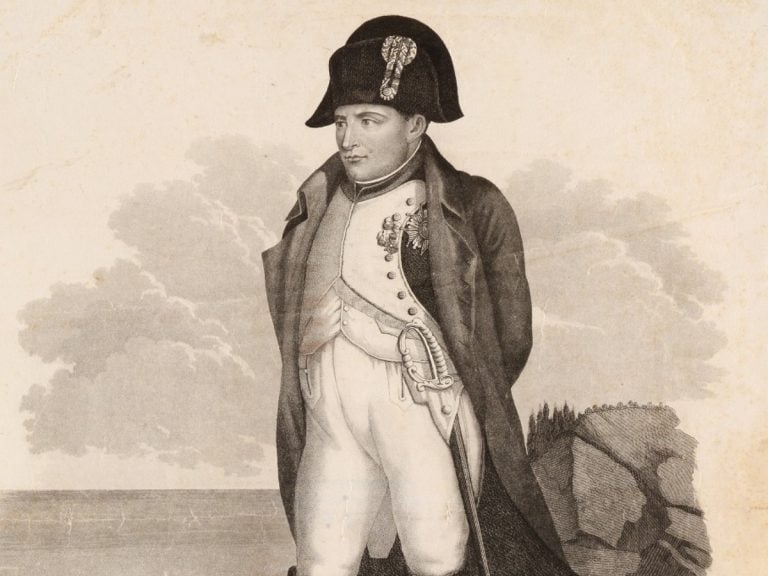
 The 10 best Cerasuolo d'Abruzzo chosen by Gambero Rosso
The 10 best Cerasuolo d'Abruzzo chosen by Gambero Rosso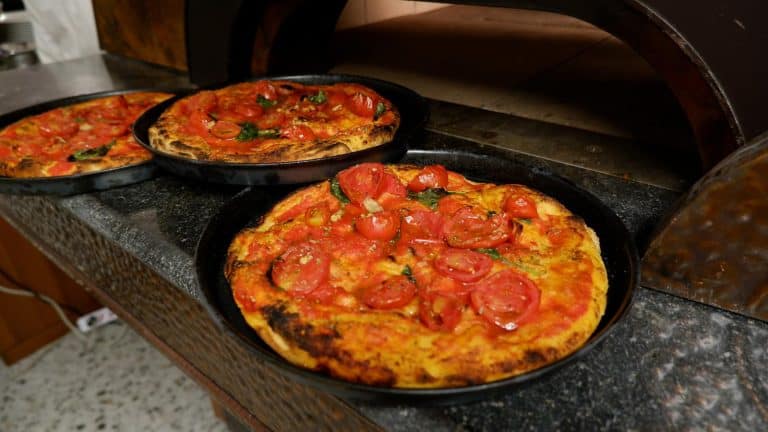 Classic pizzas from the past and the return of "rutiello." In Naples, Antica Pizzeria Chiaia opens
Classic pizzas from the past and the return of "rutiello." In Naples, Antica Pizzeria Chiaia opens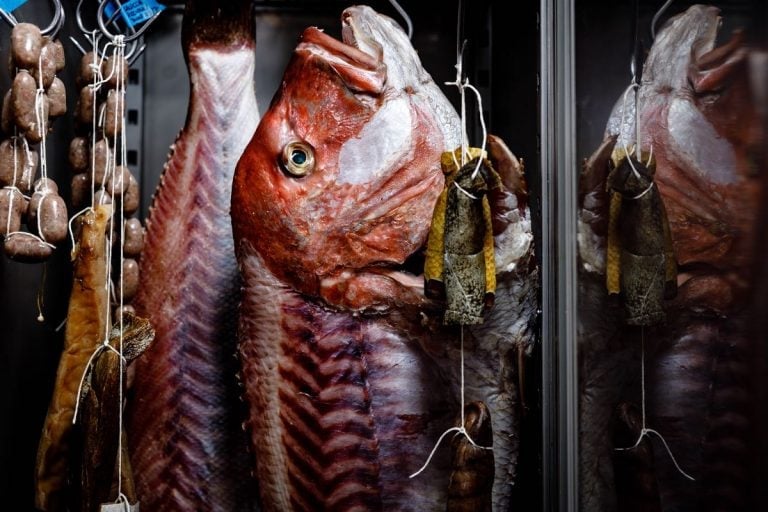 One of Italy's most famous seafood restaurants changes location and goes out to sea
One of Italy's most famous seafood restaurants changes location and goes out to sea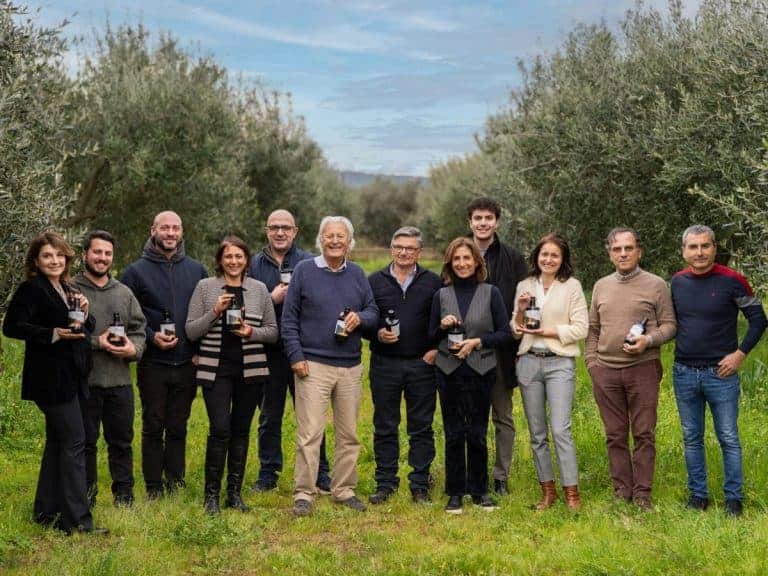 In Calabria, the tenacity of three women gives birth to one of Italy's best oils. The story of the Lametia Dop Consortium
In Calabria, the tenacity of three women gives birth to one of Italy's best oils. The story of the Lametia Dop Consortium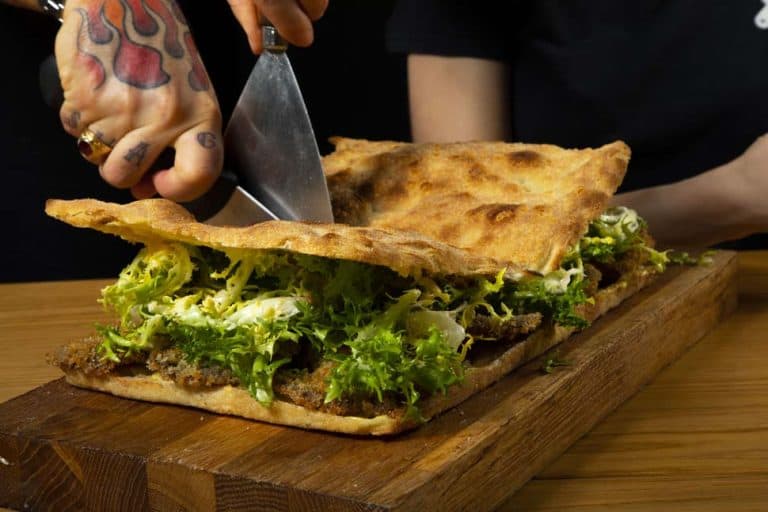 In Rome, a super slice pizza arrives: Sancho, the pizzeria from Fiumicino, opens a branch in Prati
In Rome, a super slice pizza arrives: Sancho, the pizzeria from Fiumicino, opens a branch in Prati

